Aktuelno
Članak
A balancing act: Vučić didn't give up on Dodik, he only had the elections in mind
It is not an easy task to evaluate the conclusions of today’s meeting...
(1).jpg.webp)
Ernad Metaj
It is not an easy task to evaluate the conclusions of today’s meeting between Serbian President Aleksandar Vučić and SNSD President Milorad Dodik. Vučić publicly asked Dodik to return the Serb representatives to the BiH state institutions, which was also confirmed by Dodik.
‘President Vučić asked us to get involved in the processes, so that there is no empty seat at the table behind us, he does not ask us to make any decisions, which we think we should not, but to be inside, which is a rational and realistic request, said Dodik after the meeting.
Essentially, it is rational and realistic (to say) that the blockade of BiH institutions could continue, only in a different way. Vučić's message is that with the absence from work, Serb representatives should no longer give ammunition to those who see them as the culprit for the situation in BiH. Realistically, we have already seen that from the SNSD, when the current member of the Presidency of BiH, Šefik Džaferović, was the chairman of the House of Representatives of the BiH Parliament. By leaving the sessions, the SNSD already then indicated their readiness to block the institutions of BiH to suit their agenda.
Considering the above, and the fact that only one statement has so far been issued from the Office of the Serbian President, it is too soon to make any conclusions, especially such that may allude that Vučić is afraid of sanctions and that he will eventually turn his back on Dodik. We will gain more clarity on the issue only if/when Vučić decides to provide more details about the meeting, for which there will certainly be opportunities, but also while we wait for the reactions of Vučić's ‘political megaphones’ that, instead of him, openly convey the things the international community likes (not) to hear.
For now, Vučić continues to claim that peace in BiH is important to Serbia, although as an experienced politician he must be aware that Milorad Dodik's secessionism threatens him. It is similar with the statements that are often heard from Serbia, that the RS does not have an army, but the Serb people do. What is most striking is that this time in the statement from Vučić's cabinet, there is no traditional phrase that Serbia supports the territorial integrity of BiH. Vučić never mentions sovereignty anyway, which creates room for him to interfere with the internal affairs of BiH, but also for Serbia to abuse BiH property without the consent of its state institutions, such as the hydroelectric power plant on the Drina.
Based on the statement, as well as Dodik's interpretations of what was agreed at the meeting, it can currently be concluded that Vučić is still trying to balance. And not for Dodik’s sake, but for the sake of the upcoming elections in Serbia, where the RS citizens also vote. In the race for presidency, the support of Bosniaks from Serbia also counts.
By formally inviting Serb political representatives to return to BiH institutions, Vučić wants to please the representatives of the international community, and with the money of Serbian tax payers that he plans to give to Dodik's government in the RS, he is not giving up on the idea of creating a ‘Serb world’ as a paradigm of Greater Serbia.
To declare Vučić a true friend of BiH, much more is needed than mere rhetoric. Instead of a meeting between the Government of Serbia and the Government of the RS, the neighbors should show more respect for the official bodies of the state of BiH. Friendship is shown through resolving open issues between the two countries, and this is not done at the meetings with party leaders, with the old cliché (and without concrete action) that Serb-Bosniak unity is important for peace in the Balkans.
#English
Najnovije
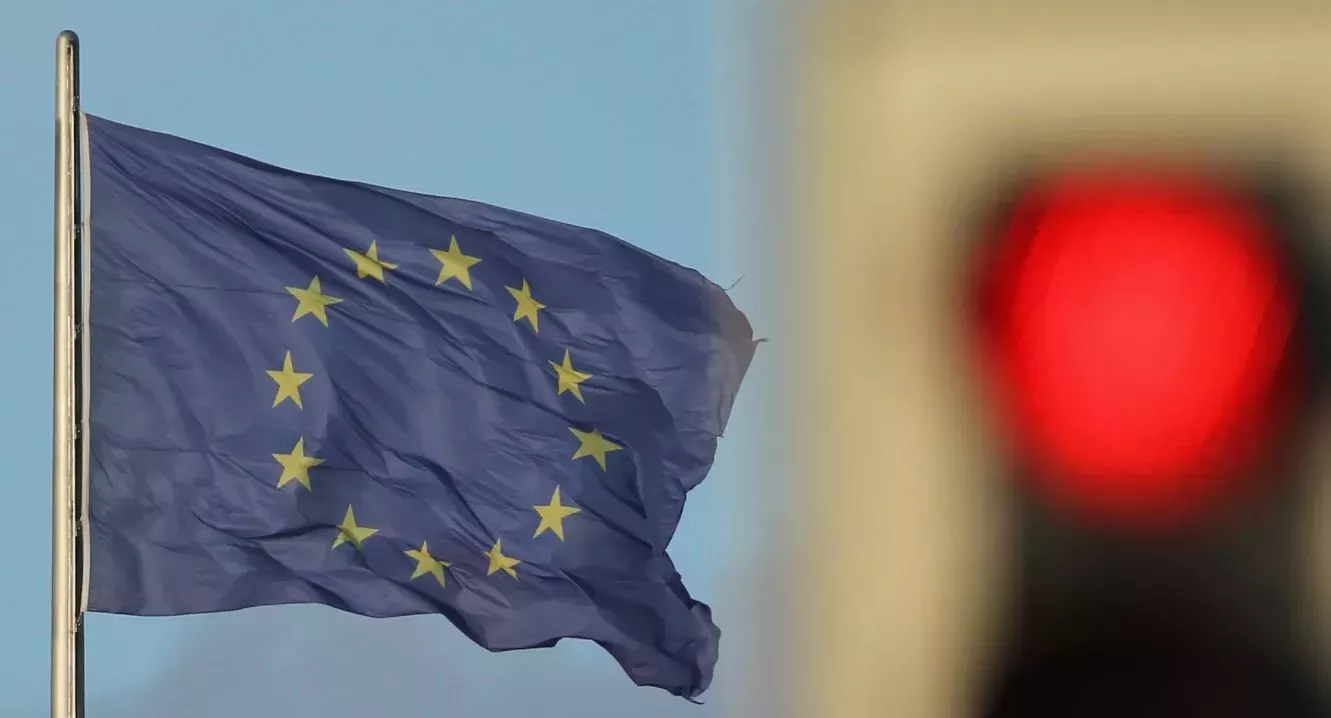
Brisel bez snage: Ako EU ne može obuzdati Mađarsku, kako će zaštititi BiH od Hrvatske?
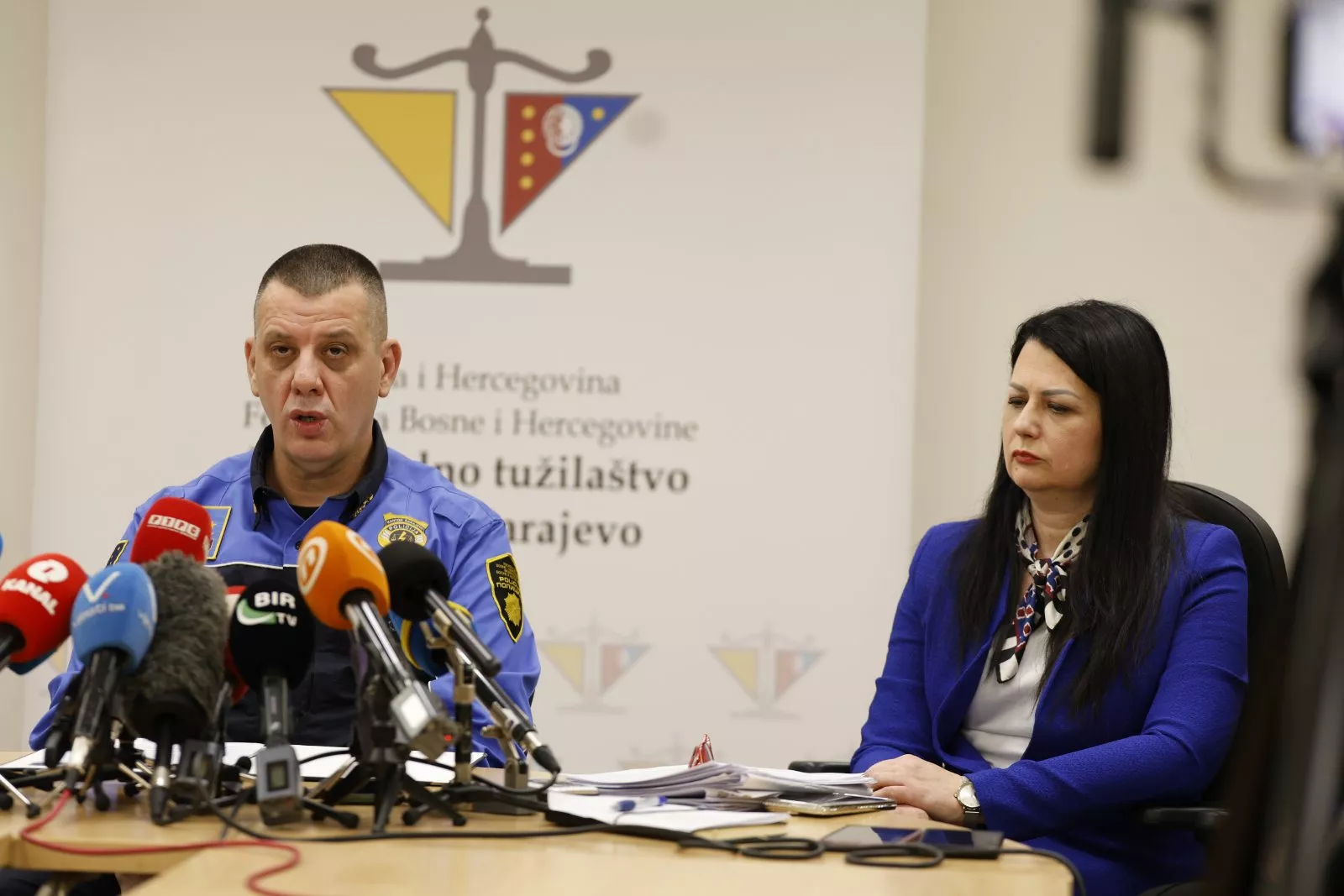
Javnost je očekivala odgovore, a Tužilaštvo i MUP KS su ih izgubili kada je pala podvala ‘vozač je kriv’!
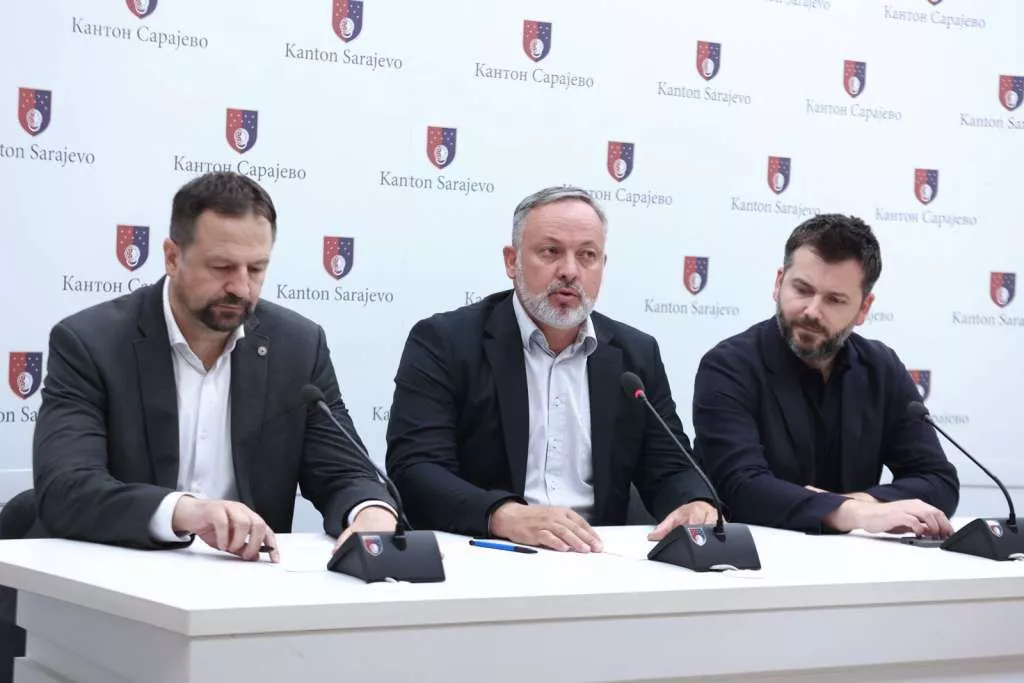
SDA, SBiH i DF: Trojka priprema prevaru građana, namjera joj je da Vlada KS nastavi raditi u tehničkom mandatu
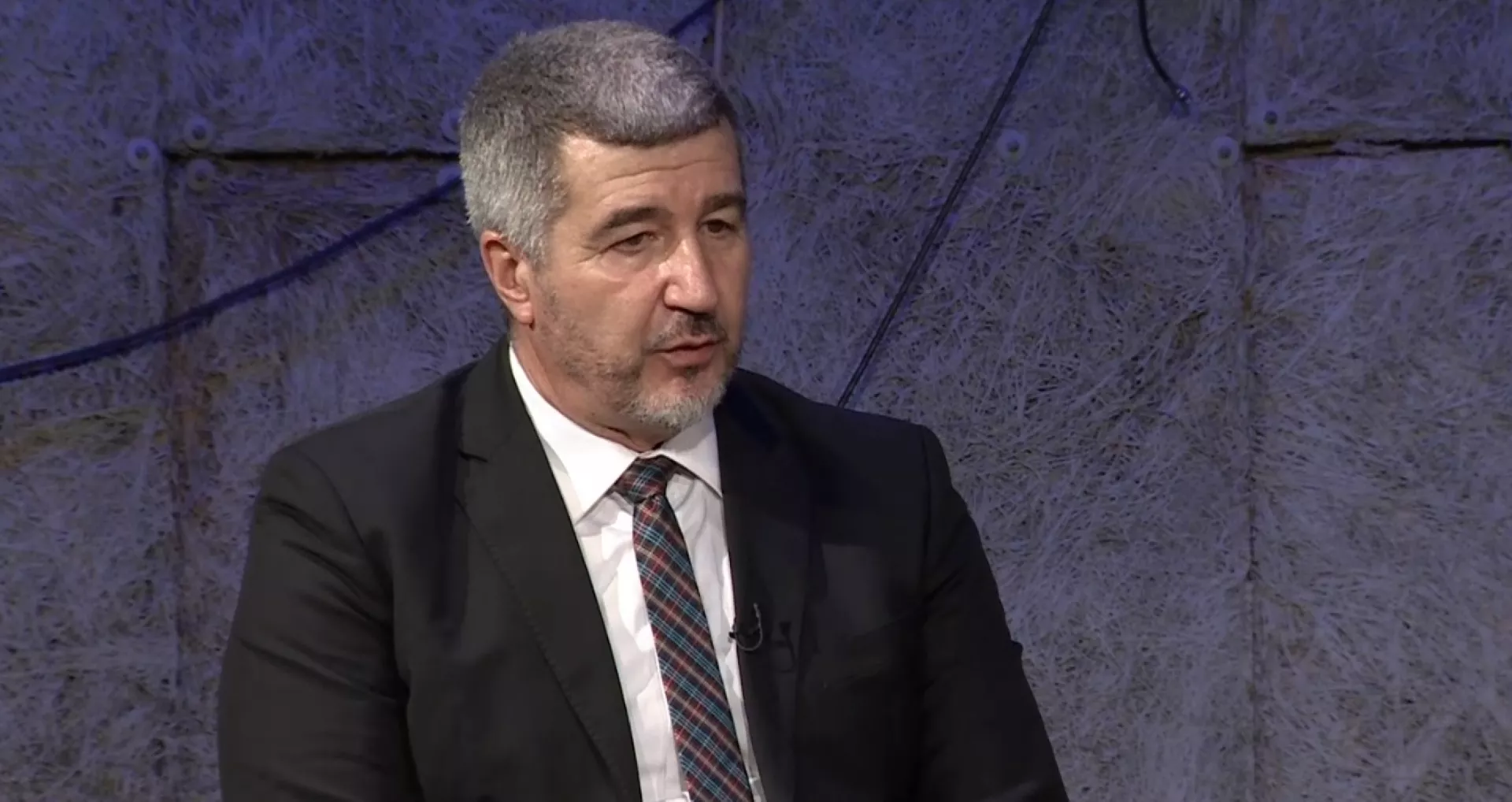
Karamehmedović: Sutra ističe rok koji nam je dala EBU, slijedi blokada računa i mogući kraj BHRT-a
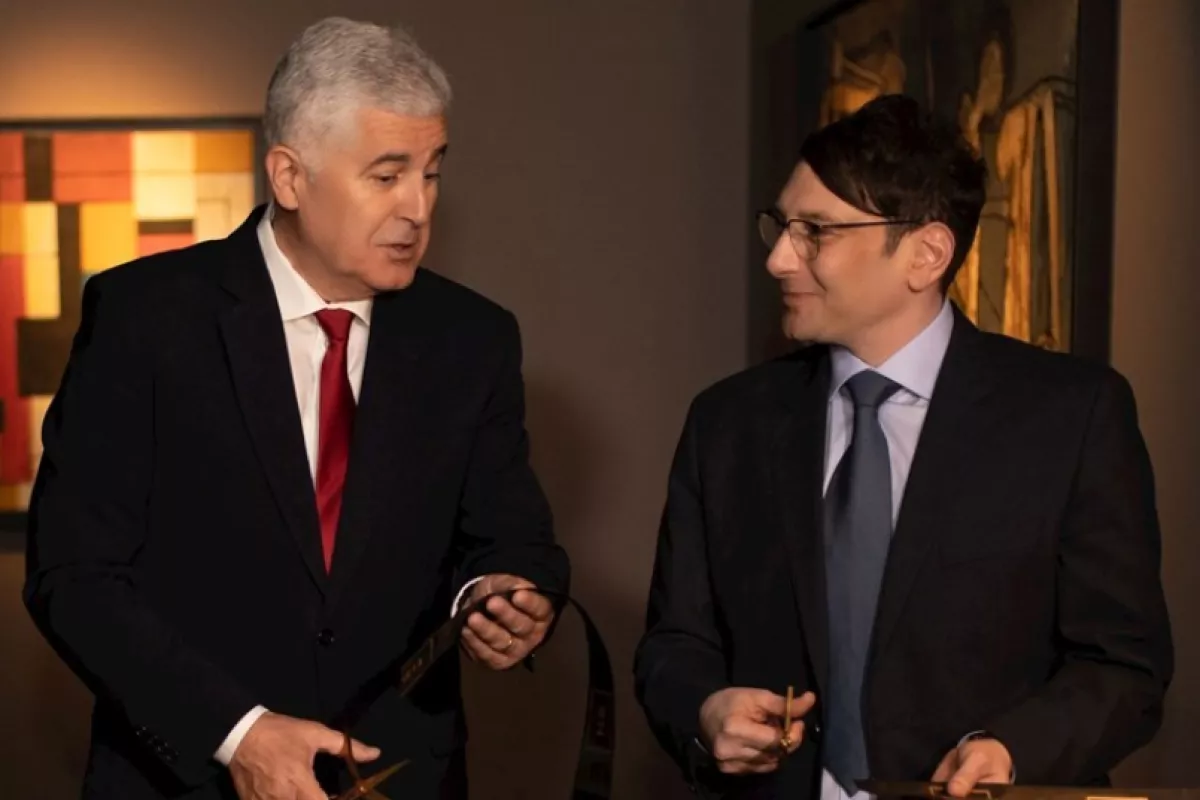
Južna interkonekcija na mrtvoj tački: Dok Kabiri obmanjuje Amerikance, predstavnici HDZ-a koče proces izgradnje
Najčitanije
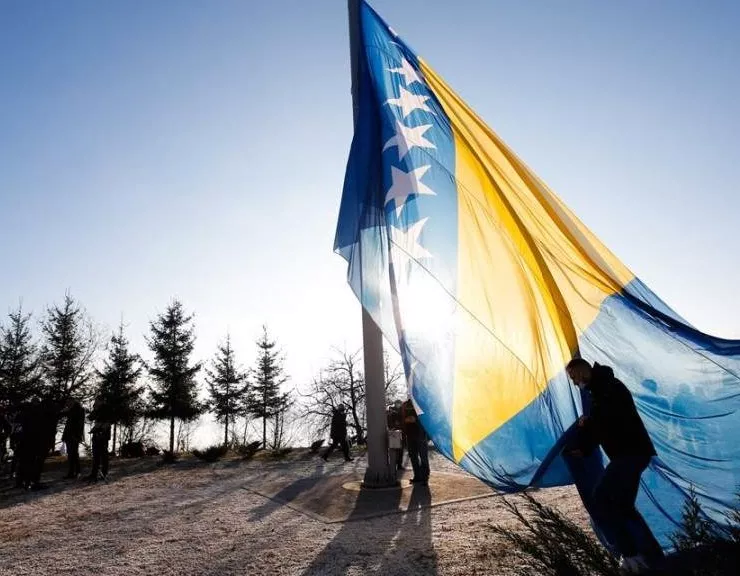
Dan nezavisnosti BiH obilježava se 1. marta i ne prenosi se, Hota-Muminović proglasila i 2. mart neradnim danom?
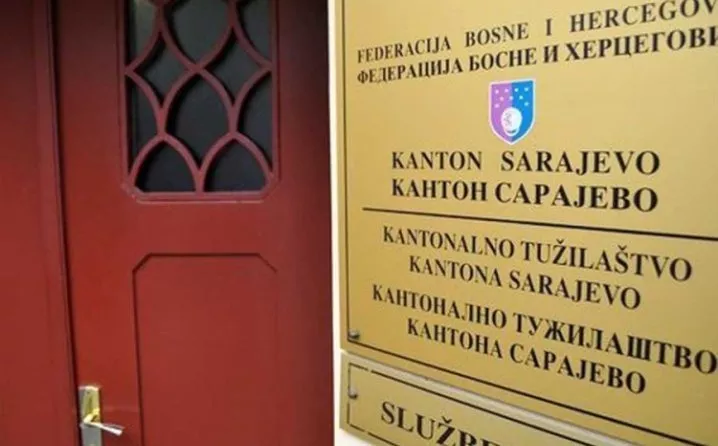
ŠTETA I UK NE ZNAJU Tužilaštvo KS neće provoditi istragu o dugu KJKP Gras zbog neplaćanja poreza i doprinosa
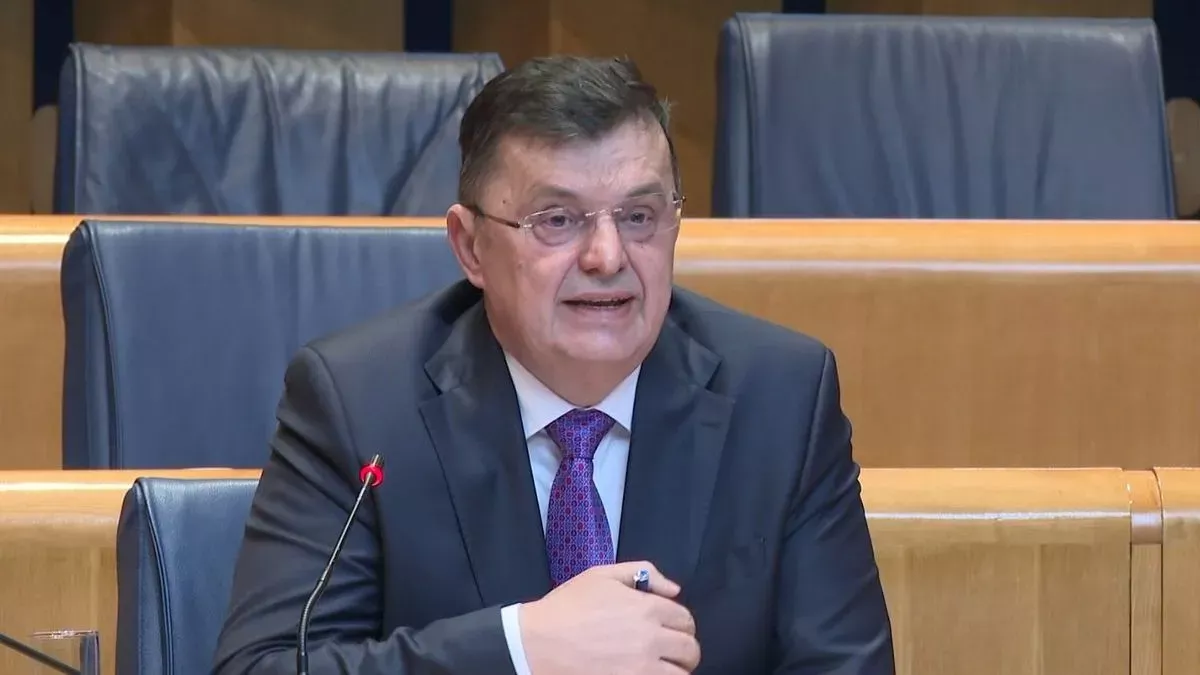
Komisiji za borbu protiv korupcije stigle prijave: Ko unaprijed gradi carinske terminale za UIO i kome se pogoduje
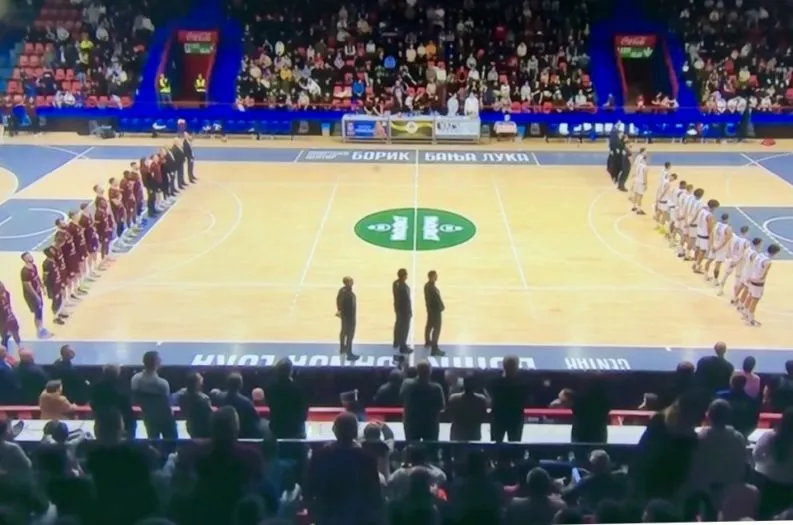
UTAKMICA BORCA I BOSNE U Banja Luci izviždana i prekinuto intoniranje himne BiH
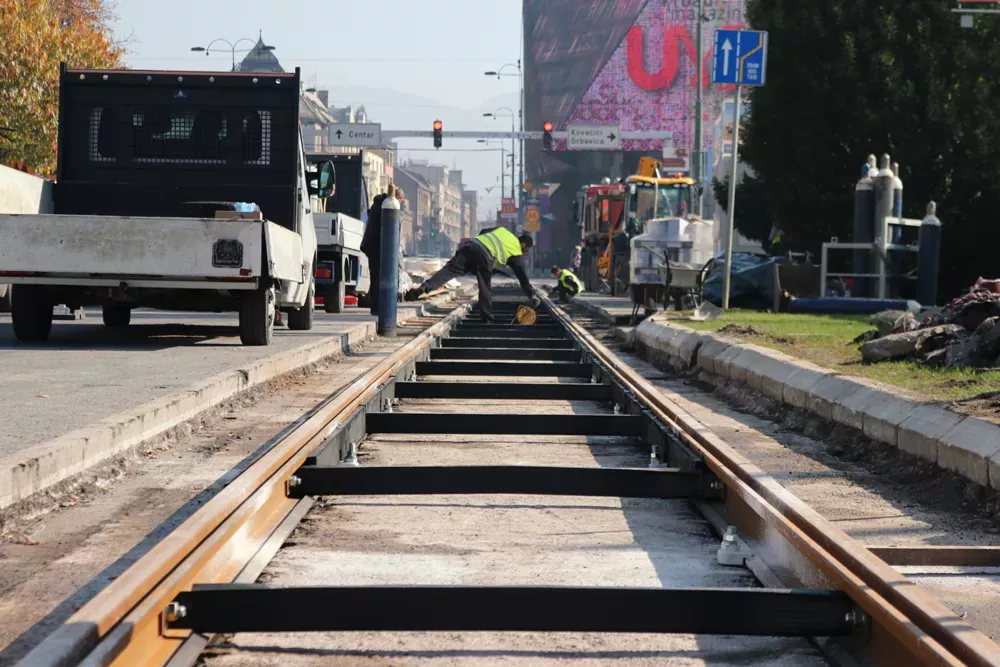
Vlada KS: Rekonstruisana tramvajska pruga ima sve upotrebne dozvole
